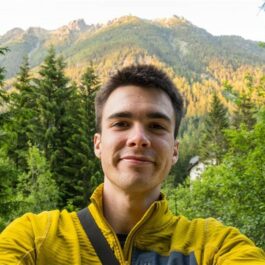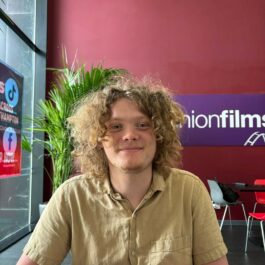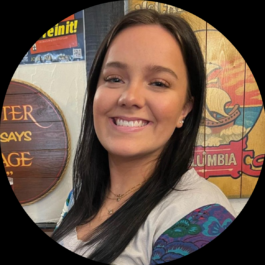James

Name: James
University: University of Southampton
Degree Course: MEng Electronic Engineering
What appeals to you about Electronics?
For me, the appeal of electronics lies in its perfect blend of simplicity and complexity. What we perceive as powerful computers capable of anything can be boiled down to simple logic gates and transistors – which, on their own, are useless but can be brought together in innovative ways to make something great. Sometimes I find the most elegant solutions to problems require a lot of complicated electronics or ideas but will always start form combining elementary ideas into something bigger, often in ways you would never expect.
Why did you want a scholarship with Siemens EDA?
When choosing companies through the UKESF, I was looking to really get involved in something fun but also actually useful instead of doing a project just for the sake of it. Although Siemens is a huge conglomerate company, the hardware and software teams in Embedded Analytics are small and well-integrated, so I would be learning the real nuts and bolts of the whole development cycle from people who have more involvement of this on a day-to-day basis.
I also thought working in Embedded Analytics, and EDA in general, would provide a unique insight into my interests in SoC design. In helping to build some of their analytics solutions I could improve my skills as an engineer, but also learn about how customers are designing their chips, and what resources they are using to test them.
My interview was tough, but I got a really accommodating and welcoming feeling from the team members interviewing me. I could see myself working on projects with these people – and I haven’t regretted my decision to join since.
What type work have you been involved with during your placement?
My interests align with both low-level software and hardware, which fortunately Embedded Analytics both develop. I was interviewed by and spent my first summer internship in the software team. I was involved with enhancing the Hosted team’s testing infrastructure by building FPGA test environments in Docker and integrating this with their C++ code and GitLab. I then spend the last few weeks working on a new feature of ESDK, one of our software products, which was great fun.
Because I also wanted to dip my toes into hardware, I spent my next summer working with the hardware team – both on the RTL side and the verification side. I integrated a new verification tool into the team’s Make flow and helped refactor some testbenches in SystemVerilog, as well as upgrade some of the RTL to a new specification.
What are your interests outside of work?
In my spare time I like sailing and running, and I’m also a big fan of beer. I enjoy playing the piano and electric guitar with friends, or on stage and spend a lot of time listening to tunes from the best era for music, the 70s.
View other scholars profiles

Henry
Konrad Technologies
"Throughout my internship I was working on projects and tasks directly for the customer. I had the ability to make a real and significant impact on projects while I was there."

Bob
Codasip
"I was intrigued by the projects I had completed, and that lead me to research and find a company that would let me explore it - Codasip was that company."

Daisy
CSA Catapult
"CSA Catapult has teams with different specialities such as Photonics and Power Electronics, which meant that I could broaden my knowledge and experience across the spectrum."